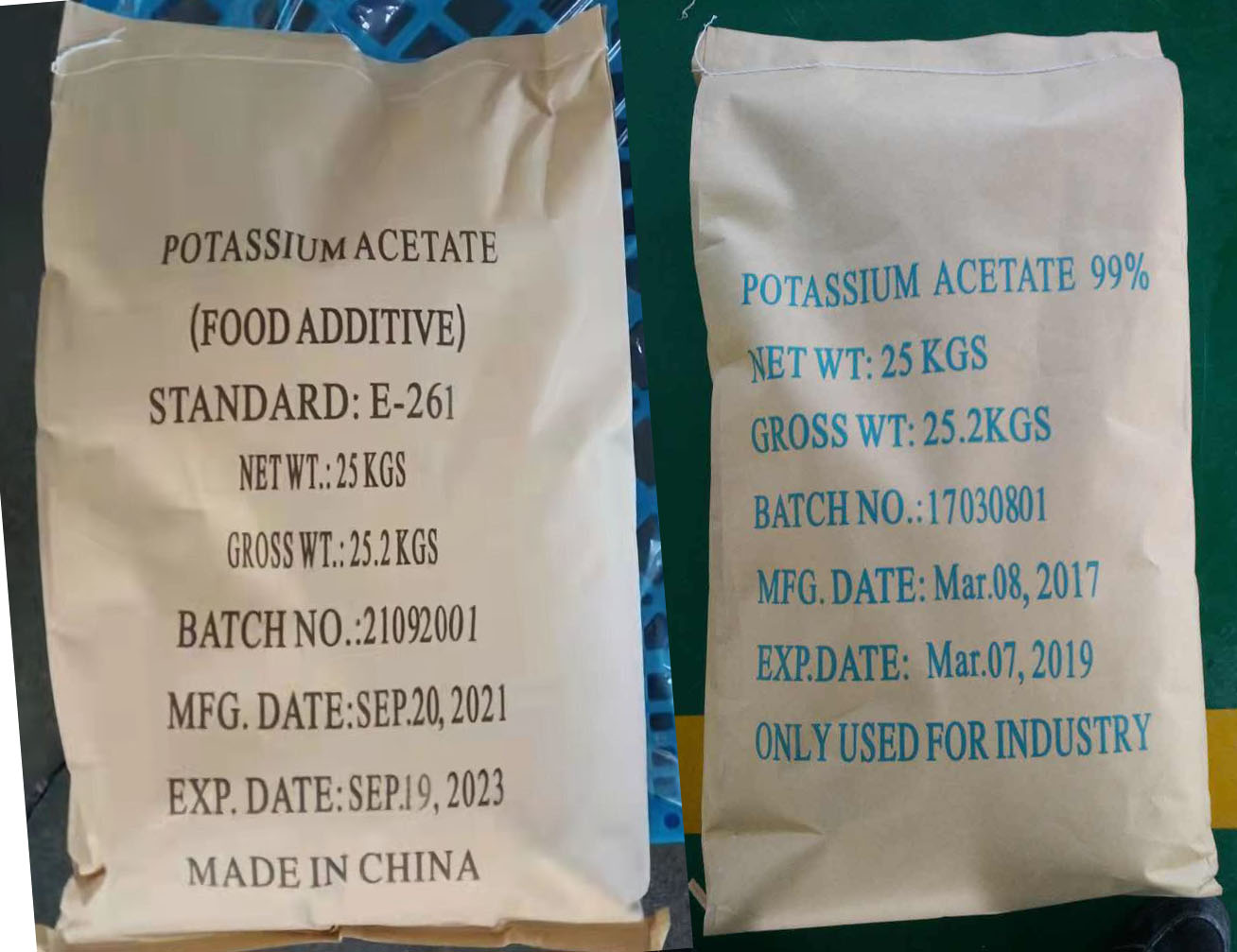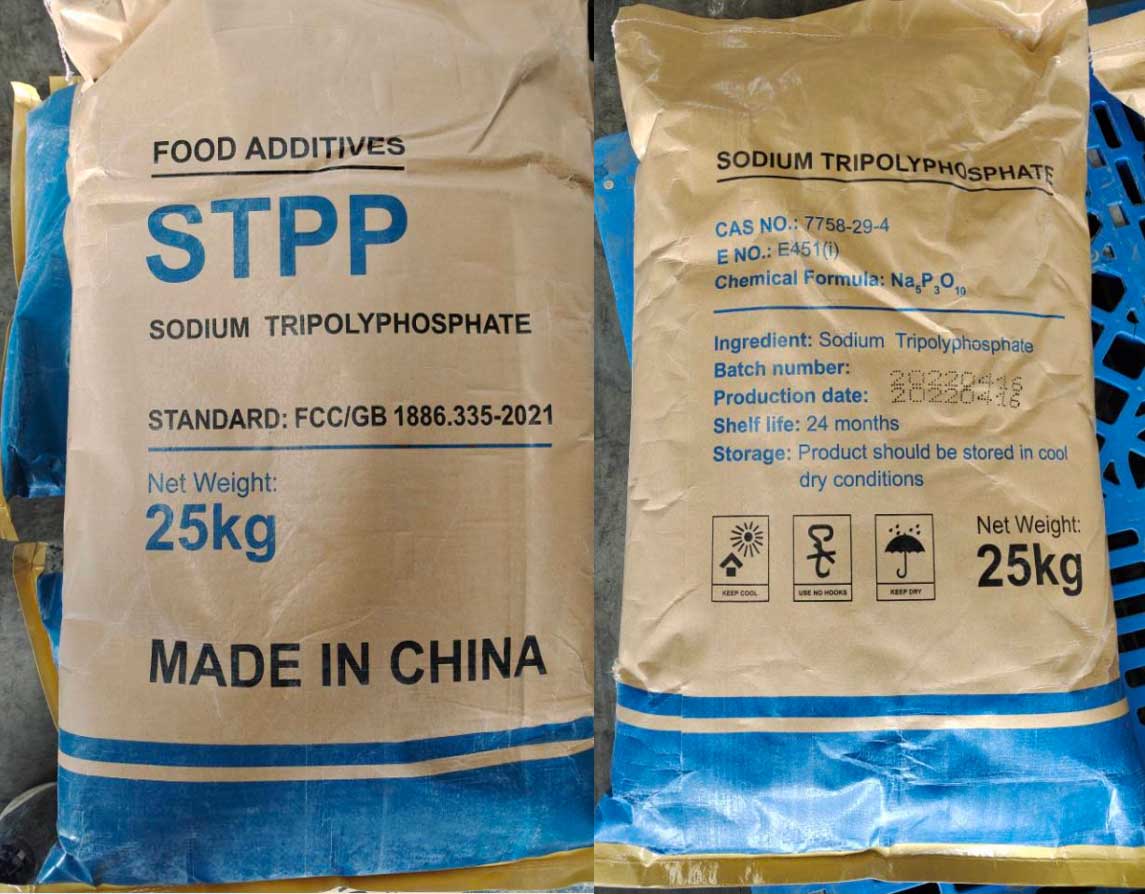Non-dairy creamers have become increasingly popular as a convenient and versatile alternative to traditional dairy-based creamers. One key ingredient that plays a crucial role in enhancing the texture and stability of non-dairy creamers is dipotassium phosphate. In this article, we will delve into the usage of dipotassium phosphate in non-dairy creamers, exploring its functions, benefits, and the overall impact on the quality of the final product.
Understanding Dipotassium Phosphate:
Dipotassium phosphate, often denoted as DKP, is a water-soluble salt commonly used as a food additive. It belongs to the phosphate family and is recognized for its ability to act as a buffering agent and emulsifier. In the context of non-dairy creamers, dipotassium phosphate serves multiple purposes that contribute to the overall stability and palatability of the product.
Emulsification:
One of the primary functions of dipotassium phosphate in non-dairy creamers is its role as an emulsifying agent. Emulsifiers help create a stable blend of water and fats, preventing separation and ensuring a smooth and homogeneous texture. In non-dairy creamers, dipotassium phosphate facilitates the dispersion of fats, such as vegetable oils, within the water-based matrix, resulting in a creamy and visually appealing product.
pH Regulation:
Dipotassium phosphate also acts as a pH regulator, helping to maintain the acidity or alkalinity of the non-dairy creamer within a desirable range. This is crucial for achieving the desired taste and preventing undesirable changes in texture and flavor. The ability to control pH contributes to the overall sensory experience of the non-dairy creamer, making it more palatable to consumers.
Texture Enhancement:
The incorporation of dipotassium phosphate enhances the mouthfeel and texture of non-dairy creamers. By promoting the formation of a stable emulsion, it contributes to a rich and creamy consistency that closely mimics traditional dairy creamers. This improvement in texture is essential for creating a satisfying and enjoyable coffee or tea experience for consumers.
Benefits of Dipotassium Phosphate in Non-Dairy Creamers:
Improved Stability: Dipotassium phosphate imparts stability to non-dairy creamers, preventing phase separation and maintaining a consistent texture throughout the product's shelf life.
Extended Shelf Life: The emulsifying properties of dipotassium phosphate contribute to the preservation of non-dairy creamers, extending their shelf life and ensuring product quality over time.
Enhanced Dissolvability: Non-dairy creamers containing dipotassium phosphate easily dissolve in hot beverages like coffee or tea, providing a convenient and user-friendly experience for consumers.
Conclusion:
Dipotassium phosphate plays a pivotal role in the formulation of high-quality non-dairy creamers. Its multifunctional properties as an emulsifying agent, pH regulator, and texture enhancer contribute to the overall appeal and performance of these popular alternatives to traditional dairy creamers. As consumer demand for non-dairy options continues to grow, the utilization of ingredients like dipotassium phosphate becomes increasingly important in meeting the expectations of taste, texture, and stability in non-dairy creamer products.




